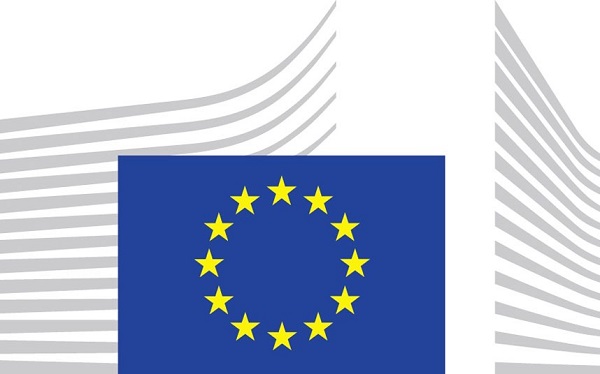
On Tuesday 8 July 2025, the European Commission published its sixth annual Rule of Law Report, titled “The Importance of the Rule of Law for Democracy, Security and Europe’s Economy “, which assessed developments relating to the rule of law in all Member States and presented a number of key findings for Luxembourg.
According to the Commission, the report builds on a constructive dialogue with Member States, is based on a preventive and dialogical approach aimed at strengthening the rule of law and serves as a key incentive for reform. In the context of a European Union (EU) in flux, the next generation of EU spending instruments, to be presented in the upcoming multi-annual financial framework, will ensure that respect for the rule of law remains a fundamental condition for access to EU funds. The Commission added that financial support from the EU for investments and reforms promoting the rule of law can provide genuine added value.
The key findings for Luxembourg were as follows:
Judicial System: Public perception of judicial independence in Luxembourg remains very high among the general population and high among businesses. Certain measures have been taken to advance the digitalisation of the judicial system and ongoing efforts aim to implement digital solutions allowing courts to interact with parties and legal representatives.
Anti-Corruption Framework: The Anti-Corruption Committee continues to implement its obligations under the Anti-Corruption Convention and is considering the development of a national anti-corruption strategy. The government and the Anti-Corruption Committee are analysing the reasons behind the significant drop in reported corruption cases and ongoing investigations over the past year. Additional recruitment is planned in police and public prosecution services tasked with combating economic and financial crime, although challenges persist in attracting suitable candidates.
Following the adoption of an amendment, more comprehensive information on lobbying activities will be made public. Additional efforts are being made to increase transparency in interactions between Members of the Chamber of Deputies and lobbyists. Further amendments to introduce codes of conduct for elected representatives and civil servants at the municipal level are under consideration by the government. The Ethics Commission has been granted additional investigative powers. The Whistleblower Office, created in 2023, has planned to publish its first annual activity report.
Media Freedom and Pluralism: A revision of the regulatory framework applicable to electronic media, as well as the powers of the Luxembourg Independent Audiovisual Authority (ALIA), has been initiated. The government has presented a draft law reforming the legal framework relating to access to official documents. It has committed to strengthening protection for journalists against physical violence and intimidation, in order to ensure a safe environment for freedom of expression and democratic debate.
Balance of Powers Between Institutions: Stakeholder consultations are reported to function effectively in practice. Reform aimed at strengthening the independence of the Consultative Commission on Human Rights (CCDH) is ongoing. The civic space is described as open and diverse.
The report noted that, with regard to the recommendations from the 2024 Rule of Law Report, Luxembourg has taken the following actions:
• progress in strengthening efforts to achieve full digitalisation of civil, criminal and administrative procedures;
• significant progress in increasing the information available in the transparency register;
• progress in advancing reform of the legal framework for the disclosure of official documents, in line with European standards on access to official documents;
• full implementation of the recommendation to improve the legislative decision-making process, particularly in the Chamber of Deputies, by enhancing transparency and stakeholder participation in public consultations.








